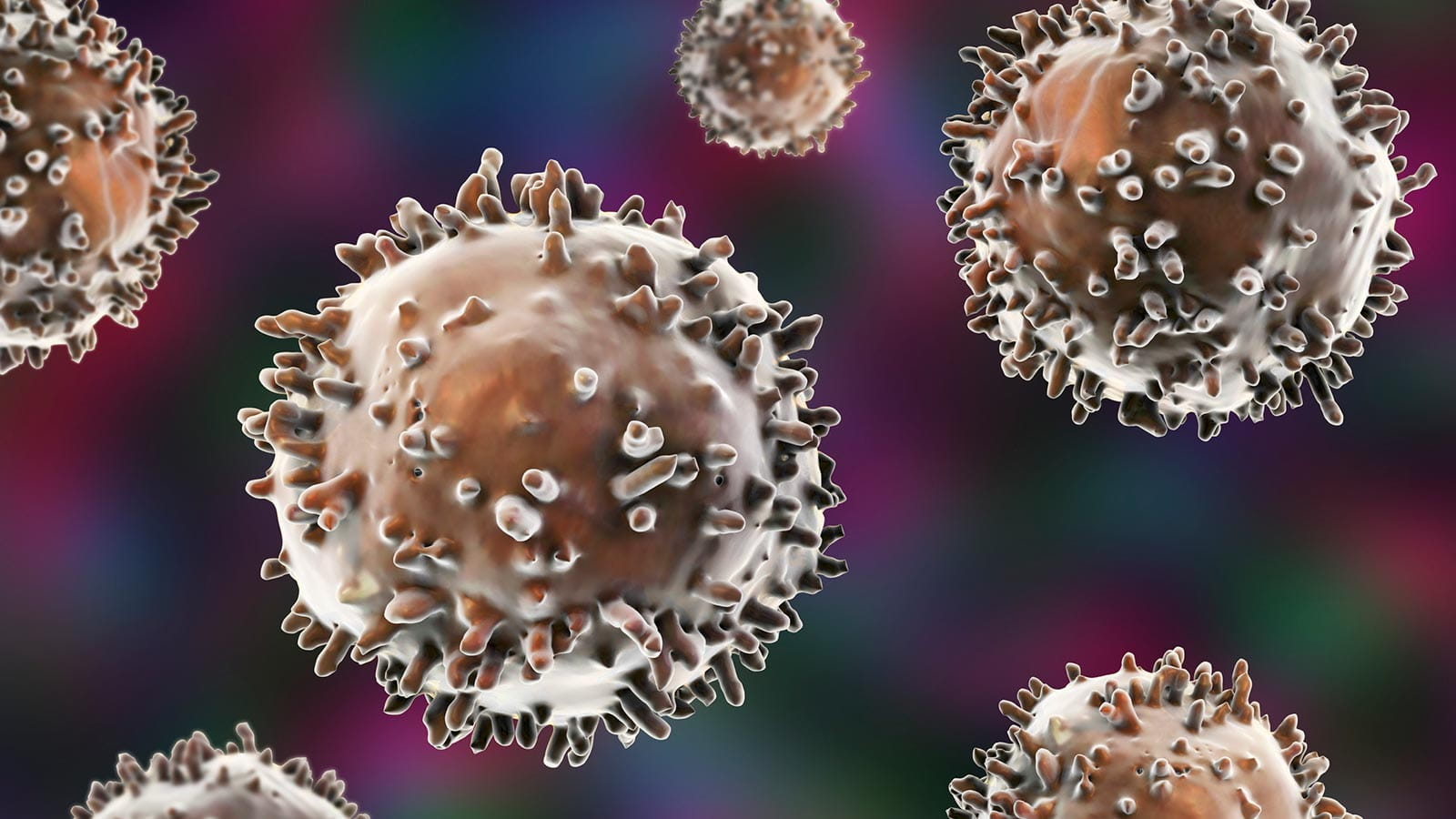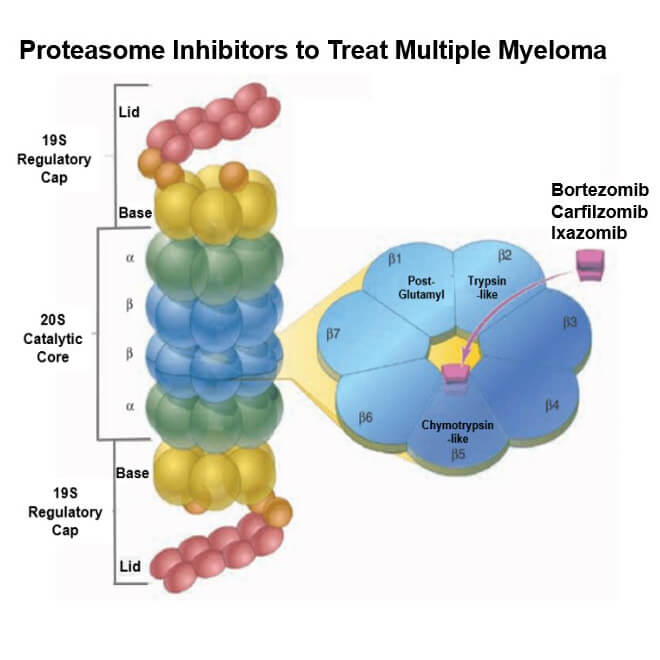
Welcome to Driscoll Lab
Promise of a Cure
The focus of our research is to better understand the biology of plasma cells under physiologic and pathologic conditions as a means to improve human health. Over the past decade, we have focused our laboratory and clinical research studies on the plasma cell malignancy multiple myeloma (MM). We have developed laboratory and animal models of the tumor in its microenvironment which have allowed for the identification of novel pathways and actionable targets as well as the validation of innovative targeted therapies. Our goal is to rapidly translate these studies to clinical trials culminating in FDA approval of novel targeted, immune and cell-based therapies. The long term goal of our studies is to identify and validate targets in the tumor cell and its milieu to transform treatment for MM and markedly improve patient quality-of-life and overall survival. Plasma cells represent the terminally differentiated cell population of the B-lymphocyte lineage. Plasma cells possess unique biology, primarily as a result of their role as antibody factories. The unique features associated with the massive antibody production capacity confer upon the plasma cell a vulnerability to attack by specific targeted therapies. Hence, we have used novel strategies to enhance plasma cell killing to improve multiple myeloma patient outcomes.
Together, our research focuses on four major areas:

- Identifying mechanisms and actionable targets that contribute to drug resistance in hematologic malignancies such as MM;
- Designing rationale therapeutic strategies to prevent or overcome drug resistance;
- Discovery of novel proteasome and immunoproteasome activators and inhibitors to treat plasma cell-driven human diseases; and
- Single-cell transcriptomic profiling to characterize plasma cell heterogeneity in healthy and diseased individuals.


